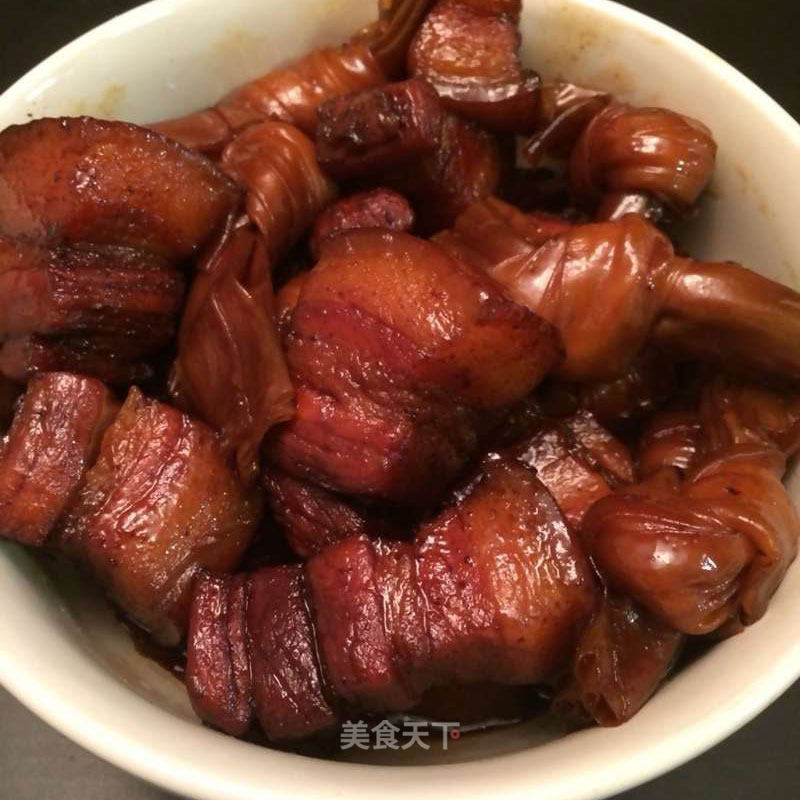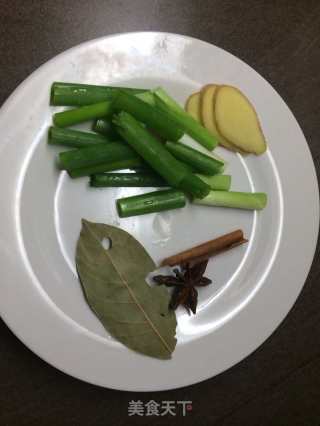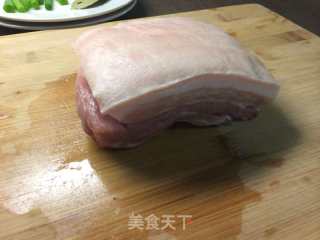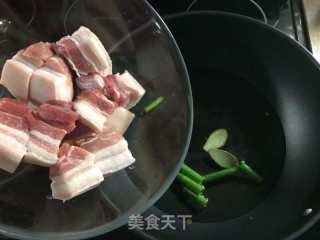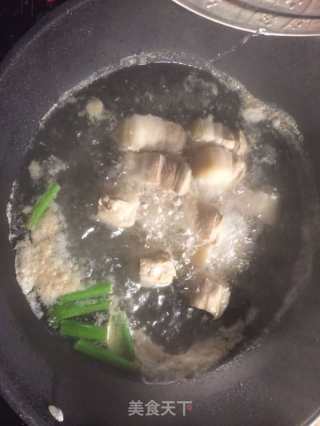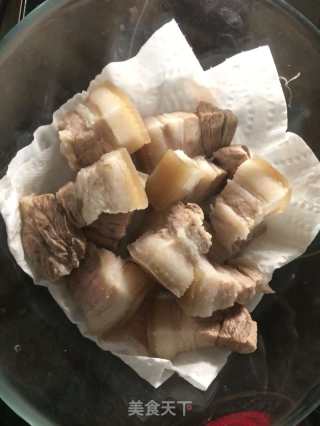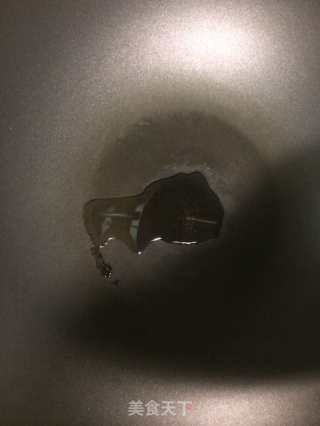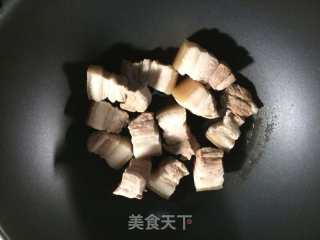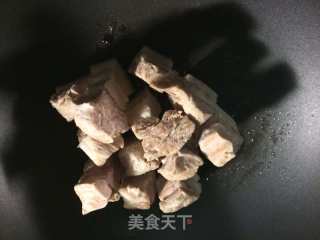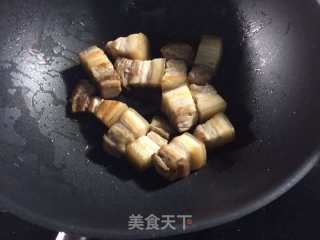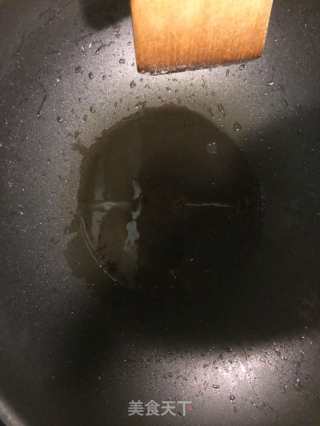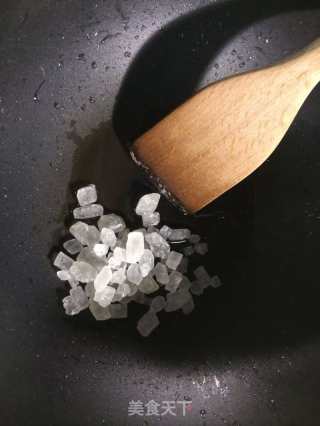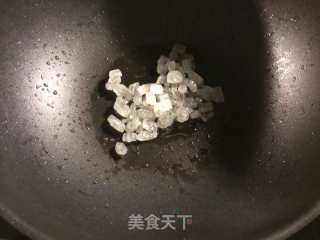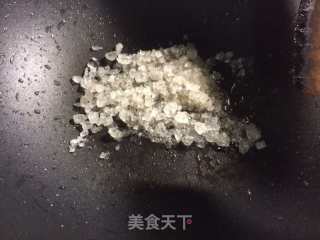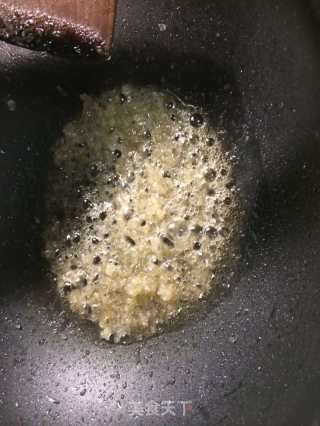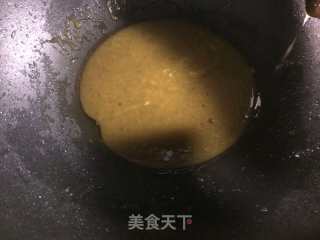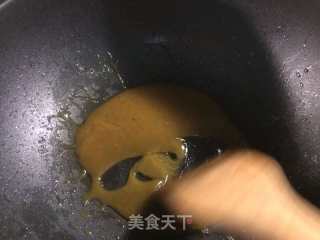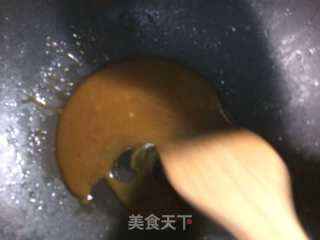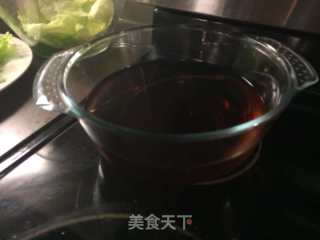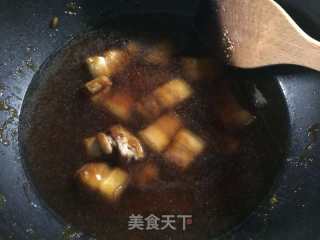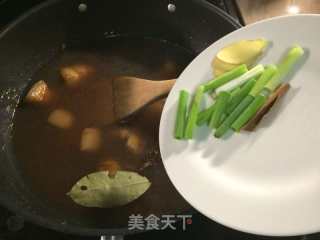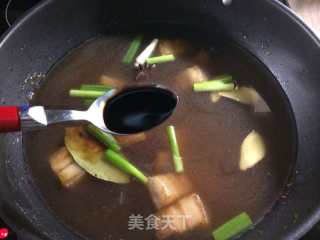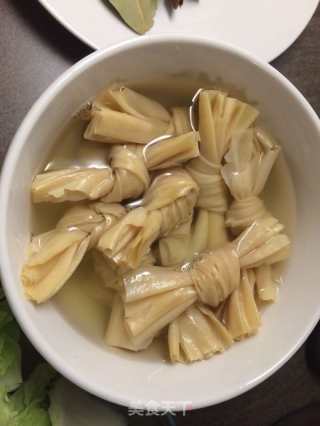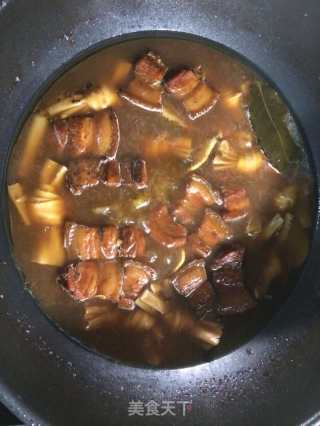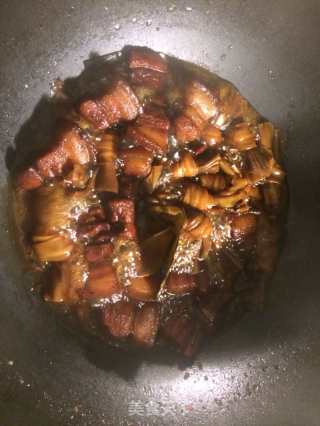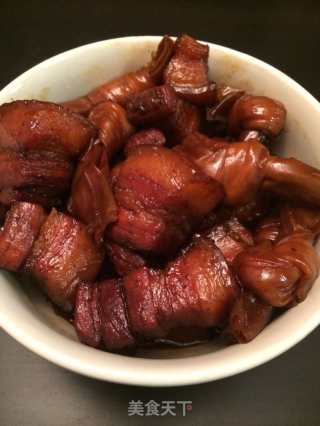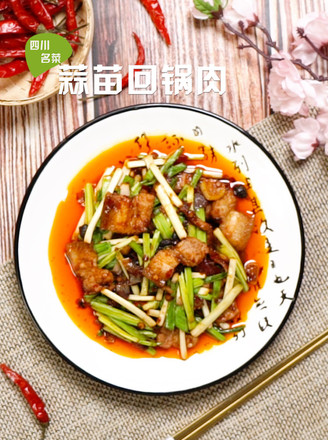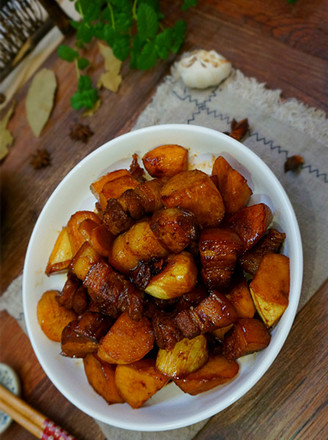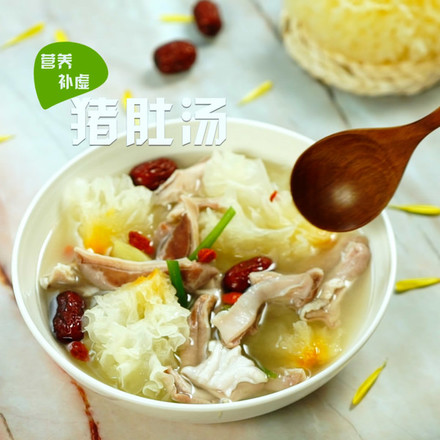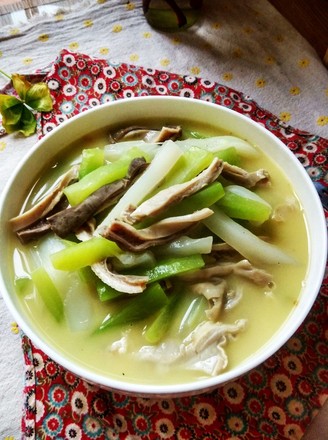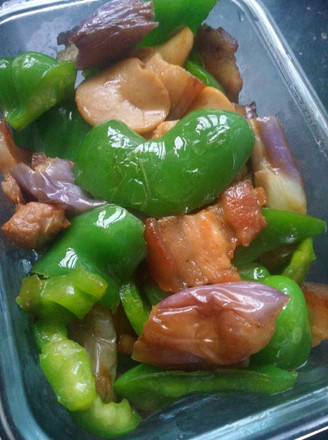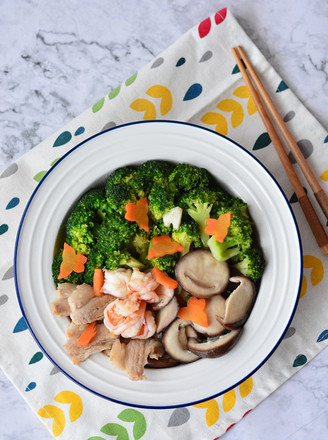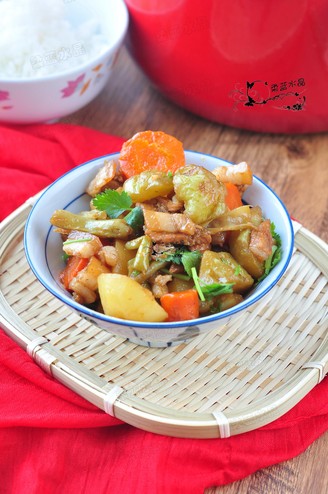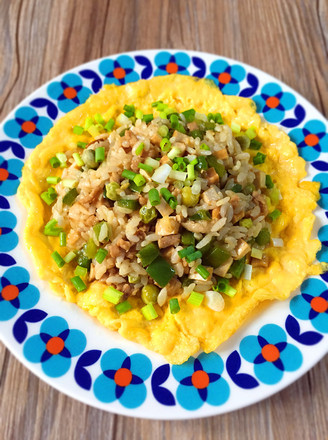Braised Pork-zero Basic Teaching
1.
Prepare roasted meat materials as shown in the figure. If you don’t have those spices, green onion and ginger are essential
2.
Wash pork belly
3.
Cut into pieces (about two or three centimeters square, small pieces of any size, depending on personal preference, the big piece will be stewed for a long time, and the small piece will be stewed for a shorter time). Then put it in the pot to blanch water, add some green onion and ginger in the country to remove the fishy. This step is mainly to remove the blood and to make the meat more prone to rotten during the subsequent stewing.
4.
In a pot of cold water, continue to boil for 2-3 minutes after the water is boiled.
5.
Prepare a bowl and put a kitchen paper towel in the bowl to pinch the meat out and put it in. (The reason for using paper to absorb water is to prevent the frying pan due to too much water on the meat when the meat is fried later)
6.
Pour out the water and green onion and ginger in the pot, wash the pot and add a little oil.
7.
Pour the meat in and stir fry over medium-low heat.
8.
You can fry the pork skin first
9.
Frequently stir fry to prevent it from sticking to the pan, fry until oily and golden on all sides, you can go abroad.
10.
Don't pour out the oil in the pan, use it for frying sugar. Turn down the fire
11.
Add about one part rock sugar or white sugar. (Rock sugar has better color and white sugar is easier to fry.) Fry slowly over low heat
12.
The rock candy cubes are relatively large, so you must take your time. If it's white sugar, you can just stir and fry it over medium and small heat.
13.
The rock candies are very crispy after being heated, so use a spatula to fry them while mashing them.
14.
After mashing everything, turn to medium and low heat and stir continuously.
15.
Be sure to keep stirring, otherwise it will be easy to paste. When you get to this color, you should start to pay attention, because after that, the sugar will change color very quickly, and it will be blurred if you are not careful.
16.
Discoloration
17.
When it's about this color, turn on the heat slightly and put the meat in
18.
Pour the meat in and stir-fry them so that the meat is almost evenly covered with sugar.
19.
Pour in the tea prepared in advance. It is best to wrap some tea leaves (preferably black tea) with a gauze cloth and directly throw them into the boil. I don't have gauze so I had to brew the tea over and over again to accumulate the tea.
20.
After the tea is poured in, if it is not enough, add some water. Since I have to simmer for a longer time, the amount of water I add is basically three or four times that of the meat. Do not add water in the middle of the stew or add salt too early. If you must add water in the middle, add boiling water.
21.
Put the green onion ginger spice prepared just now.
22.
Add one and a half spoons of soy sauce, moderate soy sauce, and two spoons of cooking wine. Never add salt! That way the meat is not easy to rot. Boil on high heat
23.
This is the louver I prepared. You can leave it alone, or put other cooking-resistant ingredients such as potatoes and shiitake mushrooms that you like and braise with the meat.
24.
After the meat is boiled on high heat, turn to low heat and simmer for about 20 minutes. Add the louver knots.
25.
Then simmer for fifty minutes. If you are a novice, you often have to check to see if the water has been boiled off. The amount of water is determined based on the amount of meat and the cooking time plus the amount of water evaporation caused by your home’s firepower. My amount is the amount that will be simmered for a longer time. You can increase or decrease as you wish. (About 30 to 40 minutes, the meat is basically rotten, add salt and chicken essence and continue to simmer)

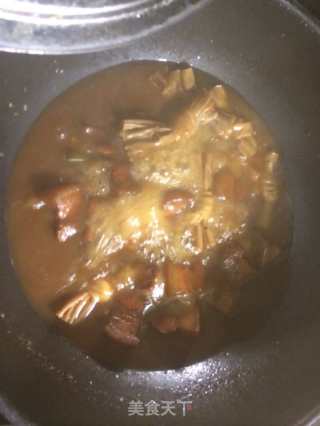
26.
After 50 minutes, turn on the high heat to collect the juice. If you like more marinade, you can make it out of the pot after it is thick. You don't need to collect it as dry as I did. (The stewing time of the meat is based on the size of the meat piece. During the stewing period, you can poke the meat with chopsticks to check whether it is simmered. The lean part is rotten and it is easy to poke in. The fat part is more difficult to simmer. Elasticity means that it is not enough. Of course, these are not mandatory. The specific taste is according to personal preference.)
27.
If you can’t finish it the first time~the second time it is recommended not to put the oil in the microwave~because it will be drier~the best way is to steam it in a pot, about 20-30 minutes, the fat part will be more fragrant and soft. Fat and not greasy.
Tips:
Tea water can relieve greasiness and help stew the meat. The best way is to wrap a little tea leaf with gauze and throw it in the pot and simmer it together. Of course, this is not mandatory~~ If you don’t have Pu'er tea, you can use black tea, and you can leave nothing at all~~~

